
By sconosciuto [Public domain], via Wikimedia Commons
As Prince of Wales, the future Edward VII set the tone in matters of romantic entanglements, entertainment, and sartorial matters. Gentlemen of the upper classes and the aristocracy had not followed one man’s style so slavishly since the days of Beau Brummel, but as the social round expanded beyond the London Season (once again the result of Bertie’s eternal quest for amusement), the late Victorian gentleman required many, many, many more changes of clothing than his Regency counterpart. The rise of the middle classes and the might of the Industrial Revolution created a large market for suits, hats, boots, and other items of clothing, but though a bank clerk, an banker, and a peer marched along in uniformity of dress, the subtle distinctions in cut, cloth, and fit were strictly maintained–which created a problem for the impecunious gentleman desirous of keeping that sartorial distance between himself and those lower on the social scale.
Into the gap stepped an anonymous author know only as “a lounger at the clubs,” whose book The Gentleman’s Art of Dressing with Economy proposed to give tips on dressing to one’s station in spite of a lack of funds (this may also be seen as be a companion to 1874’s How to Dress on £15 a Year as a Lady).
The dilemma laid out by the Lounger was thus:
1. You must pay ready money for your clothes.
2. These must be well cut and well made up.
3. They must be kept in shape.
4. They must be kept in thorough repair.
To dress with economy you must adopt the ready money system. If you run a tailor’s bill the thing cannot be done. Your credit tailor not only sticks it on in price, but is often careless about fit and make-up, especially if you are so deep on his books that he guesses you are not in a position to pay him off and go elsewhere. Again, the haute volée of tailors cares little for your custom unless your yearly account is considerable; and although the most aristocratic snip is not above making you a single coat, the same attention is not bestowed on it as if you gave an extensive order. Even from the work-rooms of Burlington, Albany & Co. I have seen many a solitary coat turned out that would scarcely have passed muster in a ready-made Mosaic clothes-shop.
It by no means follows that you will dress well by merely giving an unlimited order to a first-class tailor. Money alone will not insure this consummation, nor is a gentleman’s turnout necessarily in direct ratio to his outlay. I know men who spend pounds on dress where others spend shillings, without appearing to much greater advantage. You may dress expensively without dressing well, as you may dine expensively and not dine well. To dress well and to dine well, both require taste to an infinite degree, and he who exhibits most judgment in the selection and harmony of his dishes and garments will be the best-dined and best-dressed man.
The question may, perhaps, now be asked by the reader, “If I am not to patronize Messrs. Burlington, Albany & Co., or an artiste of similar calibre, to what tailor shall I go?” Well, it is not my province to recommend any particular tailor or tailors; you pay your money and take your choice; but without mentioning names, there are hundreds of excellent economical tailors in London who turn out clothes equal in style and cut to the above eminent firm at prices from 35 to 40 per cent, lower, so cannot afford to give credit for longer than three months. To this class I should go. They may be found in quiet streets off the most fashionable resorts, and invariably have been cutters or foremen to the dii majores of the sartorial art.
Avoid “stripping pegs,” as the phrase is, or buying ready-made clothes. A skilful attendant at any such depot has a knack of pulling down, smoothing, and humouring whatever garment he may set his great mind on selling you; so that before the cheval glass, you look as if you had been born therein, and you and it both grew on together. Ah, dear delusion! You pay for it, and pass out. After a little wear you find the smooth gracefully-fitting robe becoming restive. It kicks up its heels, and plunges at the collar to displace your hat; it puckers, wrinkles, and makes you its bitter enemy so long as you continue to wear it.
Avoid everything outré in fashion—whether it be in material or in cut. Seek not to copy swells who lead the fashions, and sometimes affect eccentric garments and fancy stuffs — (witness the Noah’s Ark coat, long exploded; and more recently the dress coat of blue cloth and brass buttons). Such vagaries may do for men of means, who can afford to wear their clothes a short time and then discard them; but you stick to a coat cut on unflinching principles, which will not be out of date next month or next year.
Now, if you do not keep a valet (and if you wish to dress with economy, you had better not) you must either be your own valet, or get some one to do the work. No CLOTHES, HOWEVER NEW, WILL LOOK WELL UNLESS KEPT IN SHAPE. For this purpose look out for working tailor, bootmaker, and hatter in your own immediate neighbourhood, close to home, who are not above doing these small jobs and executing trifling orders off the reel. The tailor will rework button-holes, mend linings, finedraw holes made by rent or burn, renew buttons, &c. The bootmaker’s services should be requisitioned whenever there is the slightest wear perceptible at either toes or heels of boots. The hatter is often wanted to smooth the nap when ruffled by storms of rain, adverse winds, and hostile umbrellas. Your linen, too, must be kept duly posted up to the time of day, and if you have not wife or—well, say maiden aunt, or other female friend, addicted to the art for which Penelope was famed, then you must take sweet counsel with your laundress, and bribe her when necessary, to have the edges of your shirt-fronts and wrists machined, which are easily done at a trifling cost. I have often seen men, otherwise well dressed, mar the whole effect by exhibiting frayed cuffs, which simply wanted new running with a hem.
A Comparison of Prices
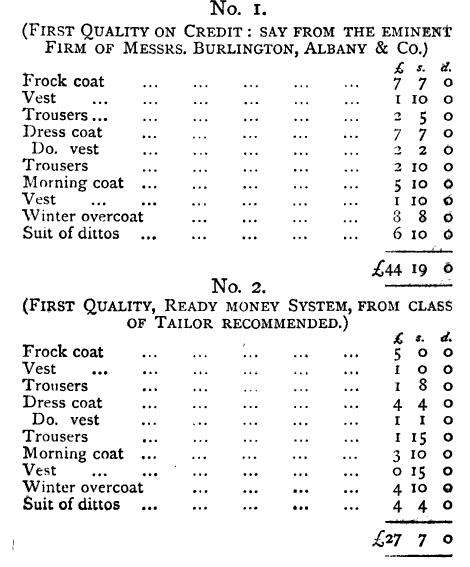
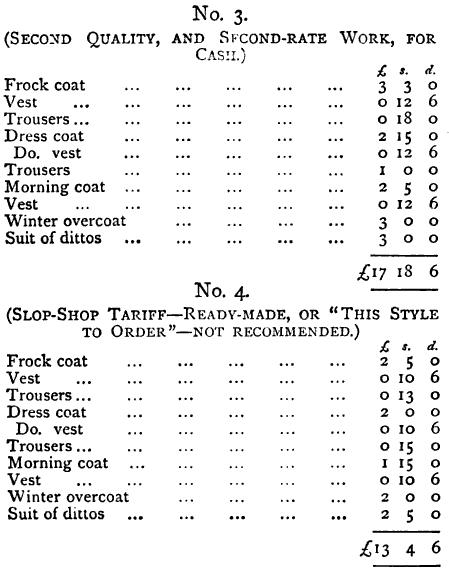
As an aside, if you have not heard, Google is plans to shut down Google Reader in July. There is a petition to convince Google to change their mind about this decision, but in the meantime, the easiest and most effective way to continue to subscribe to Edwardian Promenade without any more of these interferences is to subscribe by email.
Just click through to the post and type your email address into the section to which the red arrow is pointing!


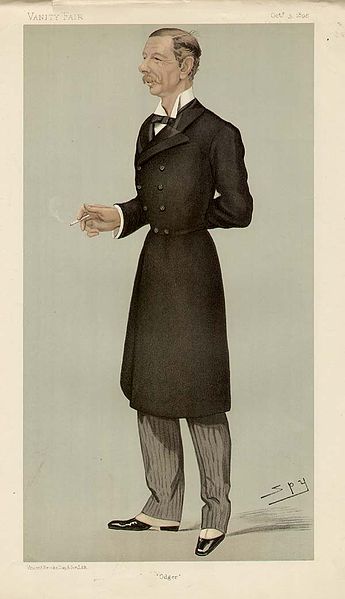
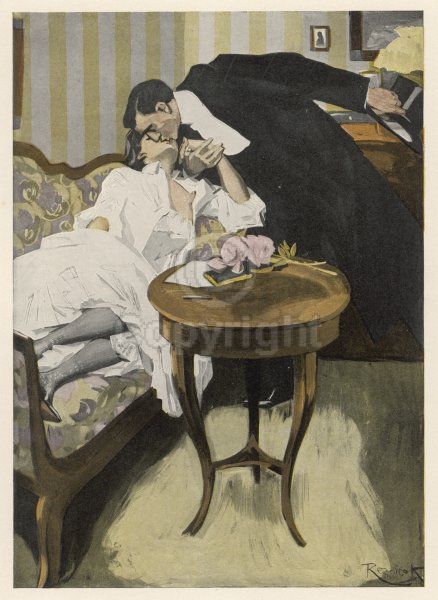
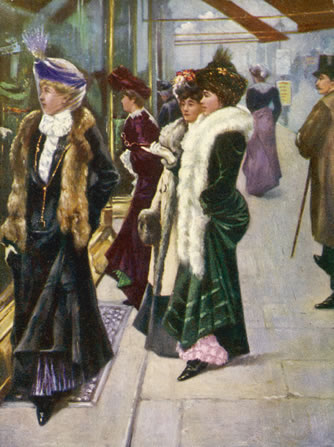

This was quite informative. Thanks!
This was quite informative. Thanks.
You’re welcome!